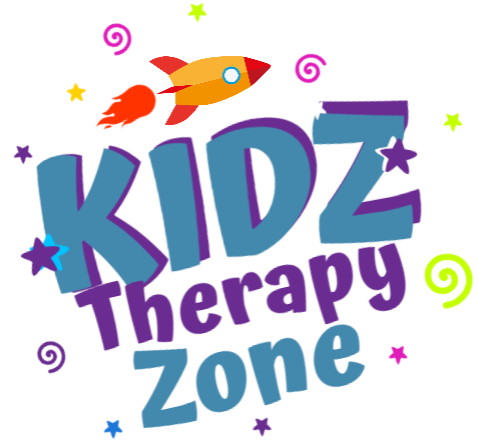Bullying can turn everyday activities like going to school or playing at recess into a nightmare for children. It leaves deep emotional scars and, in extreme situations, can lead to serious harm. As a parent, you play a crucial role in helping your child cope with bullying and mitigate its impact.
What is Bullying?
Bullying occurs when peers intentionally use physical, verbal, or psychological tactics to torment someone else, often exploiting a real or perceived power imbalance. It can range from hitting, shoving, name-calling, and threats to more insidious behaviors like spreading rumors and using social media to hurt others. It’s important to take bullying seriously and address it promptly to protect your child’s sense of safety and self-worth.
Why Do Kids Bully?
Children bully for various reasons. Some may seek to feel more powerful or popular, while others might mimic behavior they see at home or in other settings where anger and name-calling are common. Understanding the underlying reasons for bullying can help in addressing and mitigating it effectively.
Signs Your Child Might Be Bullied
Recognizing the signs of bullying can be challenging, especially if your child doesn’t openly talk about it. Here are some warning signs to watch for:
- Changes in behavior or increased anxiety
- Loss of appetite, trouble sleeping, or disinterest in usual activities
- Increased moodiness or sensitivity
- Avoidance of certain situations, like taking the school bus
If you notice these signs, create a safe space for your child to talk. Use open-ended questions and show empathy to encourage them to share their experiences.
Steps to Take if Your Child is Being Bullied
- Listen and Support: Stay calm and provide comfort. Let your child know they did the right thing by talking to you and reassure them they are not alone.
- Gather Information: Understand what has been happening and who is involved.
- Praise and Empower: Praise your child for speaking up and empower them by discussing possible solutions together.
- Contact School Authorities: Talk to teachers, counselors, or school administrators who can help intervene and stop the bullying.
- Teach Empathy and Social Skills: Help your child develop friendships and social skills to build resilience.
- Encourage Extracurricular Activities: Involvement in clubs, sports, or other enjoyable activities can boost your child’s confidence and provide a positive outlet.
Resources for Additional Support
If bullying persists, or if you need further assistance, consider reaching out to these resources:
- Pediatricians and Family Physicians
- Teachers, School Administrators, and Counselors
- Parent-Teacher Associations
- Mental Health Professionals
- Child Advocacy Groups like:
- National Association of People Against Bullying (NAPAB): www.napab.org
- STOMP Out Bullying: www.stompoutbullying.org
- Committee for Children: www.cfchildren.org
- Bullying Recovery Resource Center (BRRC): www.bullyingrecoveryresourcecenter.org
Final Thoughts
Dealing with bullying can be tough, but by taking proactive steps and leveraging available resources, you can help your child navigate this challenging time. Remember to stay informed and involved in your child’s school life and emotional well-being.
For more information on dealing with bullying and other important parenting topics, visit our Linktree. We update it weekly with new resources and advice to support you and your family.
At Kidz Therapy Zone, we are committed to providing you with the tools and support needed to ensure your child’s well-being. Stay connected with us through our Linktree for continuous updates and resources.

